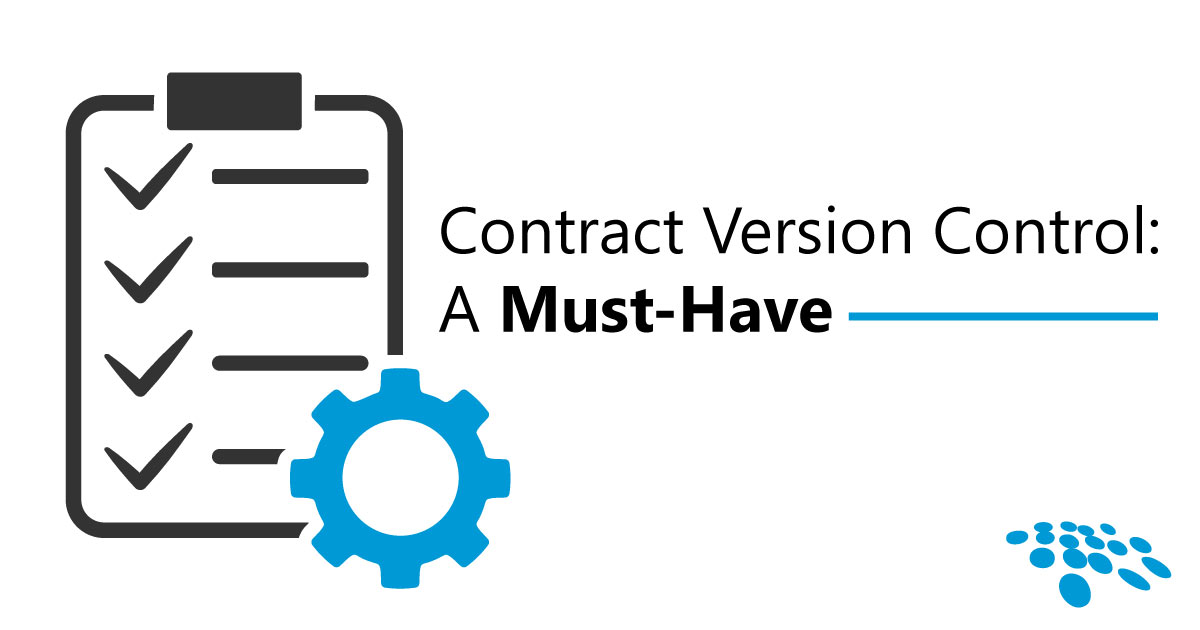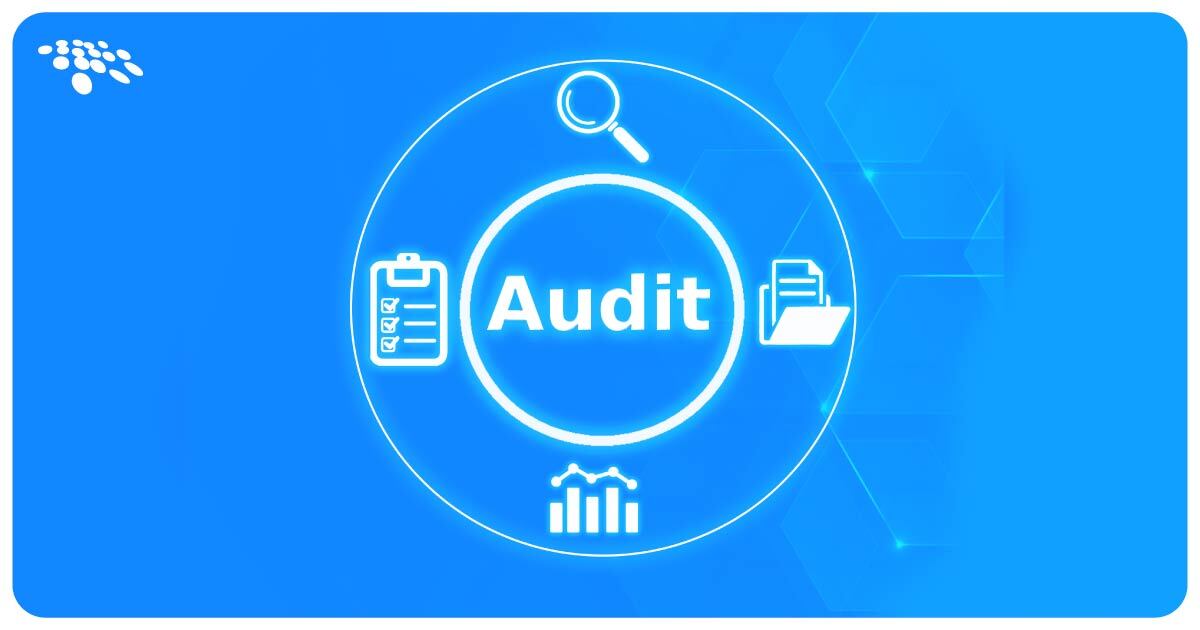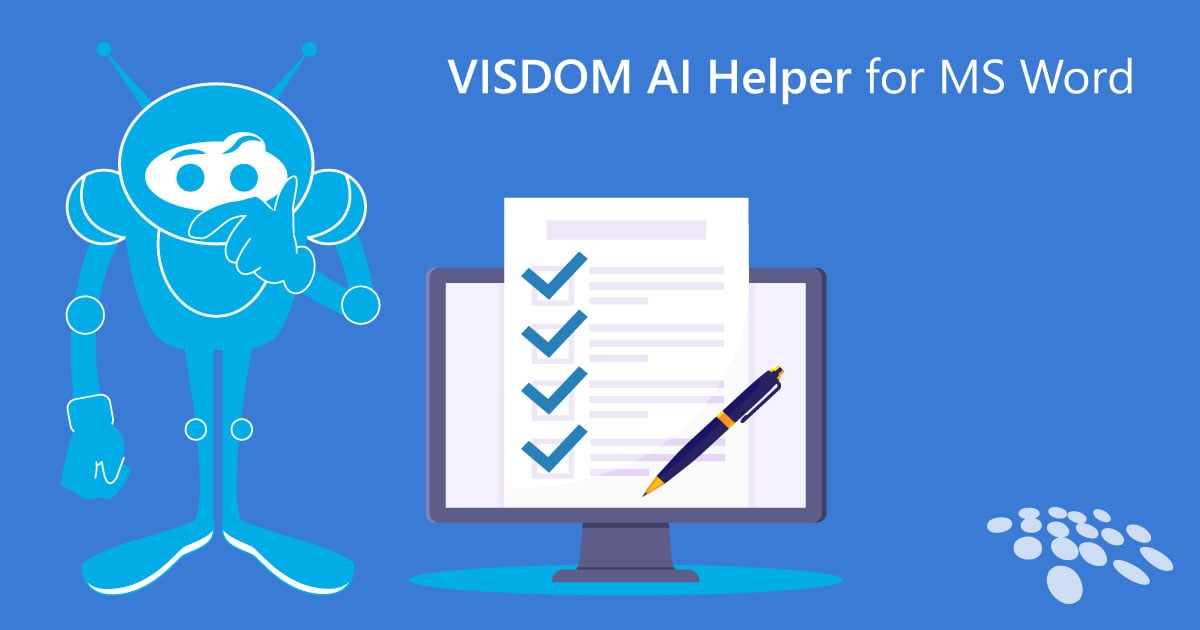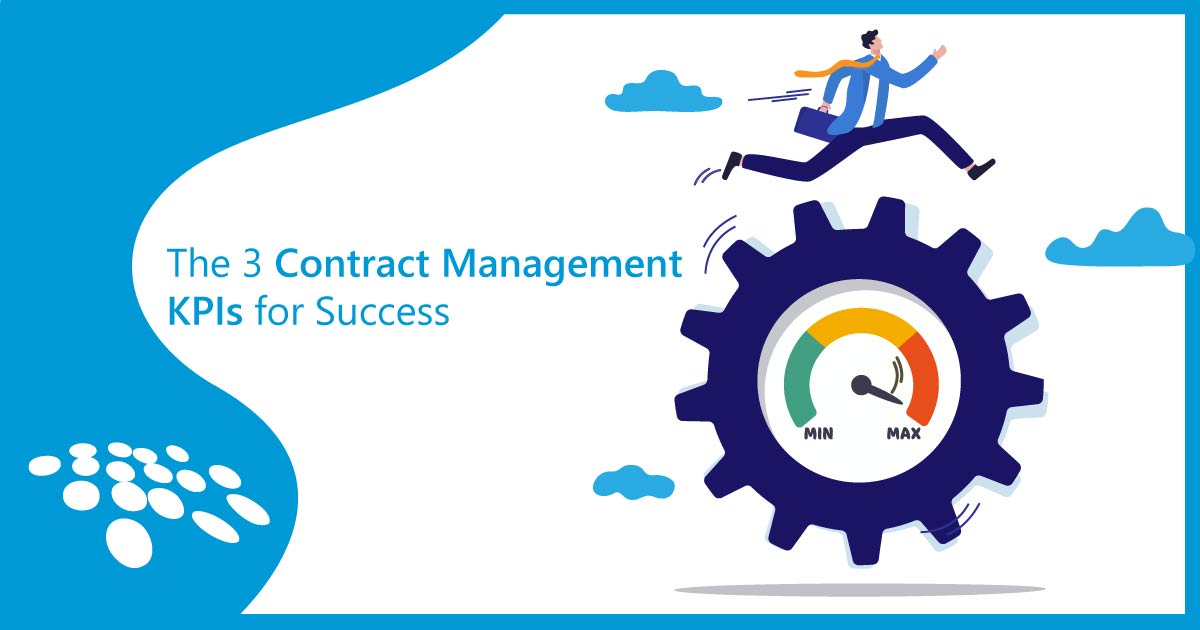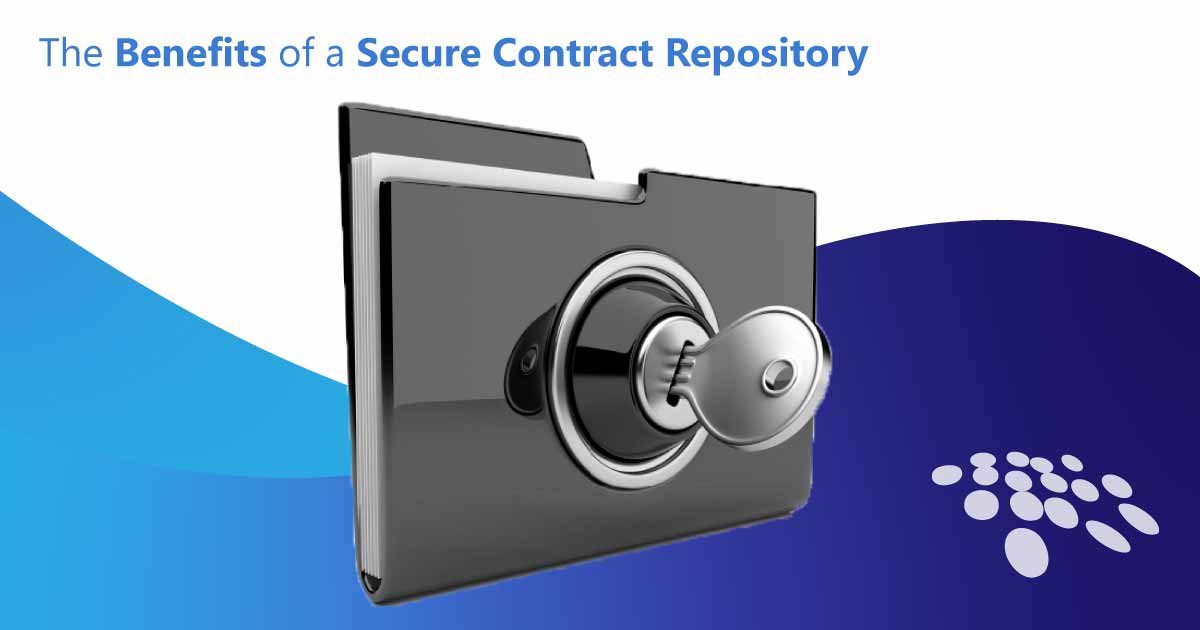
If you're still managing contracts with a tangled mess of spreadsheets, shared drives, and endless email chains, you're likely losing money without even realizing it. The good news? Contract lifecycle management (CLM) software can significantly reduce costs by automating the boring parts of contract work, managing risk, and giving you better insights into your agreements.
At its core, CLM software gives you a single, centralized place for every contract, from the moment you create it to when it’s signed, renewed, or terminated. This isn't just about being organized; it's about being more efficient, making more intelligent decisions, and avoiding costly mistakes. Let’s break down exactly how CLM helps you save.
Key Takeaways
-
Automation Saves Time: Automating tasks like creation and approvals frees up your team and reduces labor costs.
-
Risk Mitigation Saves Money: By ensuring compliance and tracking obligations, you avoid expensive fines and legal issues.
-
Data Drives Better Deals: Using data from past contracts gives you an edge in future negotiations, leading to better terms and greater savings.
How Does CLM Software Reduce Administrative Overhead?
Think about all the manual tasks that slow your team down: creating contracts from scratch, chasing down signatures, and searching for that one crucial document. CLM software takes these tedious jobs off your plate. It cuts administrative overhead by automating contract creation, approvals, and reminders, freeing your team to focus on more important work.
CLM automates many manual tasks, which is where the real savings begin.
-
Goodbye, Tedious Workflows: The software intelligently routes contracts to the right people for approval. No more manually tracking down every stakeholder.
-
Never Miss a Deadline: The system automatically sends alerts for key dates, like renewal deadlines, so you don't accidentally let a contract auto-renew at an unfavorable rate. These include in-system and emailed alerts.
With a central hub for all your contracts, you also eliminate the time wasted digging through scattered folders and inboxes. Everything is just a few clicks away.
What Role Does CLM Play in Mitigating Financial Risks?
Compliance issues and missed obligations can hit your bottom line hard. CLM software acts as your safety net. It helps you avoid costly penalties and legal disputes by ensuring compliance and providing a clear record of every change.
CLM systems protect your business by creating a clear paper trail and managing key obligations.
-
Know Who Did What: The software tracks every version and change to a contract, creating a complete audit trail. If there’s ever a question, you have the data to prove what happened.
-
Manage Your Obligations: The system helps you track all the promises you've made in your contracts, making sure you fulfill them on time and avoid costly breaches.
Some advanced CLM tools can even flag potential risks in a contract before it's signed, allowing you to address them proactively.
How Does CLM Help You Get Better Deals?
Negotiating contracts is part art, part science. With CLM, you get a decisive data-driven advantage. It improves negotiations by giving you historical data and streamlined collaboration tools, so you can secure more favorable terms and save money.
CLM provides valuable insights and tools that strengthen your negotiating position.
-
Leverage Past Data: CLM can analyze historical contract data to show you what terms you've agreed to in the past and where you have leverage.
-
Collaborate Seamlessly: No more endless email threads. CLM platforms offer a secure space for everyone to review and edit contracts in real time.
Using pre-approved templates and clauses also ensures that your contracts are consistent and professional, reducing the risk of bad terms slipping through the cracks.
Ultimately, investing in CLM isn’t just an expense; it’s a strategic move that pays for itself by making your contract process smarter, faster, and more secure. To see CLM in action risk-free, book a free demo of CobbleStone Contract Insight® today!
*Legal Disclaimer: This article is not legal advice. The content of this article is for general informational and educational purposes only. The information on this website may not present the most up-to-date legal information. Specific guidelines on unilateral contracts are governed by state law. Readers should contact their attorneys for legal advice regarding any particular legal matter.







